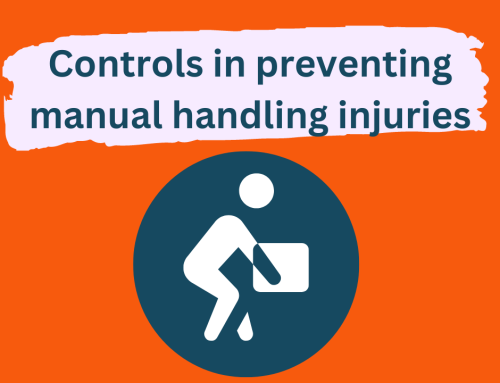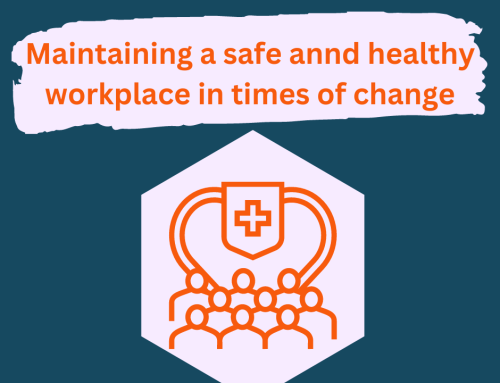NIG have informed us of the importance of Business Continuity Management for your organisation and we have adapted their article to bring this information to your attention in order to encourage you to protect your business from external or internal impacts and threats.
__________
So, what is Business Continuity Management?
Business Continuity Management is a holistic management process that identifies impacts that threaten a company and provides a plan for building resilience and capabilities for an effective response that safeguards the interests of its key stakeholders, reputation, brand and value creating activities.
The driver for this organisation’s resilience is the responsibility the senior management have for the long term interests of the staff, customers and all those who depend on the organisation in some way. Whilst it may be possible to calculate the financial losses of disruption the damaged reputation or loss of trust is the most significant impact.
Health & Safety in the workplace considers risks to persons; In Business Continuity Management, we must address risks and their impact to the business itself.
A business needs to be able to demonstrate that it is able to meet its service levels and will cope with disasters competently because it has planned to do so; this is achieved by Business Continuity Management.
In order to implement Business Continuity Management it must be embedded in the organisation’s management policies and procedures programme.
Frequent responses by businesses when asked about their lack of planning are typically: “It won’t happen to us”, “We will cope – we always do”, “We are too big to fail”, and “We are not a terrorist target”. A lot of people think it is a waste of time preparing for something that will never happen. However, as the recent global pandemic has taught us, we can never be too prepared. Others believe their insurance company will pay for everything and whereas you might have business interruption insurance, it is important not to rely entirely on insurance.
Whilst bombs, fires and floods capture the headlines, almost 90% of business threatening incidents went unreported and had a devastating impact on the company’s ability to function.
Some facts to consider:
> 43% of businesses experiencing a disaster never recover
> 53% of all organisations have no form of business continuity plan
> 90% of businesses that lose data as a result of a disaster are forced to shut within 2 weeks
> 80% of businesses without a well structured recovery plan are forced to shut within 12 months of a fire or flood
There are many ways business continuity management can benefit your organisation. Firstly, Business Continuity Management ensures that the company has a response to major disruptions that threatens its survival. Secondly, a Business Impact Analysis will determine the maximum time an organisation has to recover from an incident to ensure it will be able to continue in business.
Some organisations have statutory and regulatory requirements either specific or more generally for risk management as part of their corporate governance requirement which is also an advantage. It adds value to a company and the products and services it delivers. Organisations providing services or goods recognise that keeping customers through a more reliable service is cheaper than tempting back deserters after an interruption.
A thorough review of the business through Business Impact Assessment and Plan exercises can highlight business inefficiencies and focus on priorities that would not otherwise have come to light. A simple but effective business continuity plan that is regularly reviewed and tested will sit well with the organisation’s insurers and may lead to better insurance terms. Download the NIG template to prepare your business continuity management plan or use it to create your own.
If you need more information regarding business continuity management, see the governments toolkit to determine a BCM strategy and develop and implement a BCM response.
__________
Talbot Jones Ltd is a family-run Chartered Insurance Broker specialising in Third Sector and Professional risks. Get in touch for free insurance advice, review or quotation.
Talbot Jones Ltd incorporates March Insurance Services, a Chartered Insurance Broker specialising in Agricultural and Hospitality Risks.





